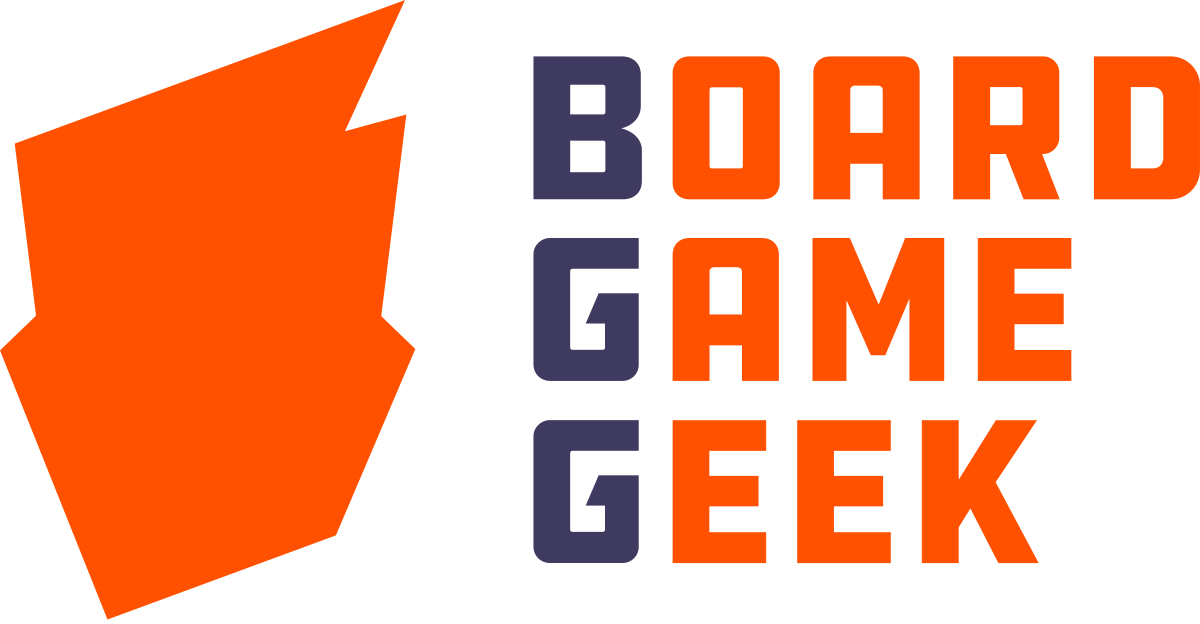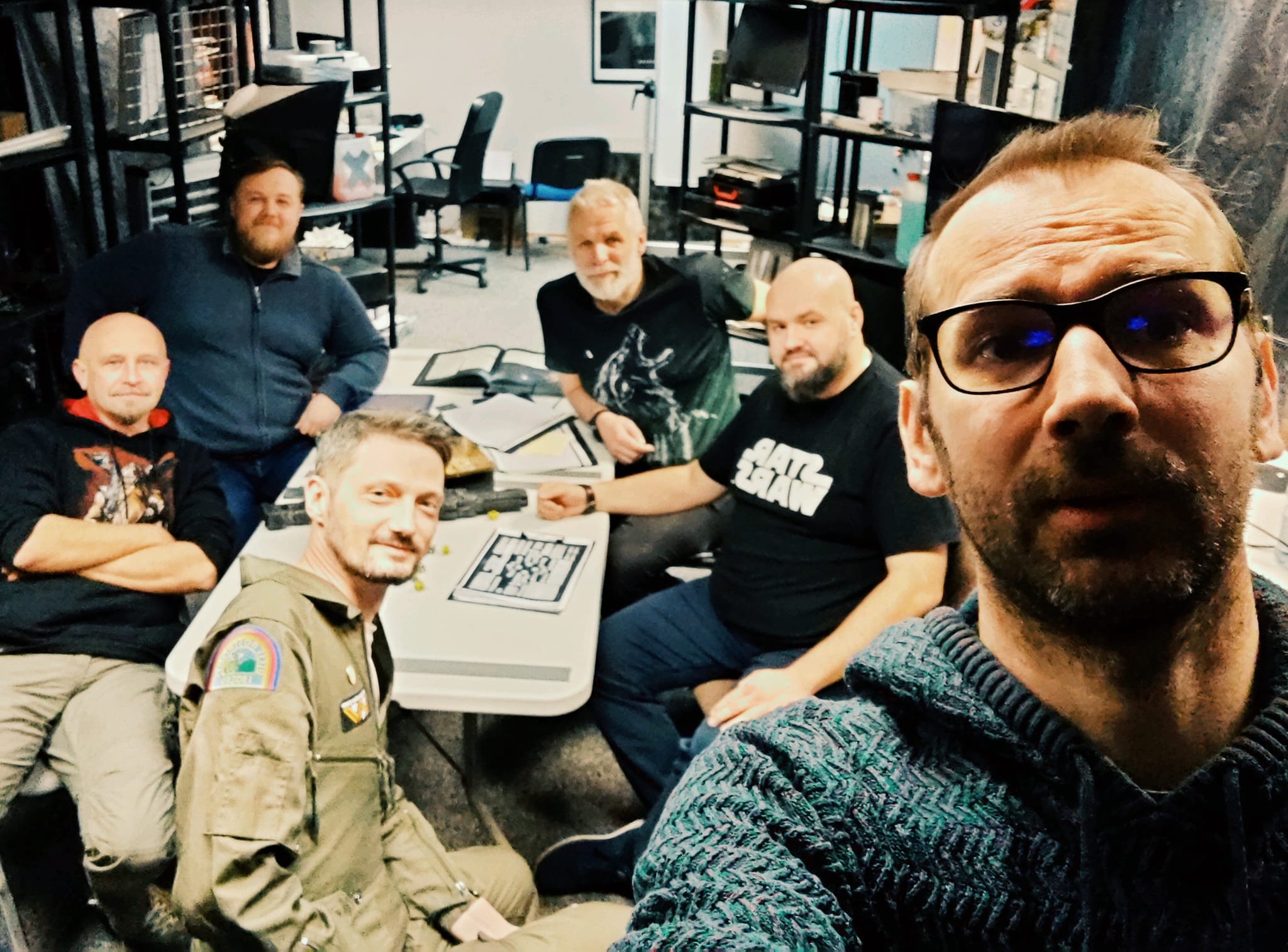
When we were kids, it was different. We just played. A child is like a cat; they don’t understand the concept of time, living in the present with the blissful belief that things will always be the same. So, we played RPGs twice a week, after school, like kids do—a never-ending campaign, without a beginning or an end, without a story arc, just playing for the sake of it.
Then you go to college, thinking you’re growing up, getting smarter, having a girlfriend, being able to drink beer. But in reality, you’re still like that cat, unaware of time, unaware that it’s all about to end—that the weekly gaming with friends, that carefree fun without a plan, without a beginning or end, will eventually have a finish line. Life comes along, with work and kids, and you truly grow up, only then understanding what time really means.
And so it happens, you’re an adult. Life pulls you into its gears. You want to play, but there’s no time. You want to play, but maybe you’ll manage to pull off a one-shot session here and there, a hastily organized gathering, only to have it fall apart after two months of planning because one person can’t make it, and another just doesn’t want to. You’re an adult now. There’s no time for a never-ending campaign, no weekly D&D sessions without a goal. There’s no more playing like a cat, like a kid, no more playing for the sake of it.
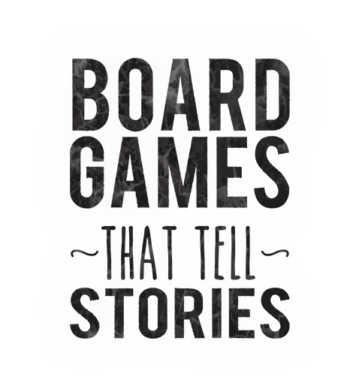
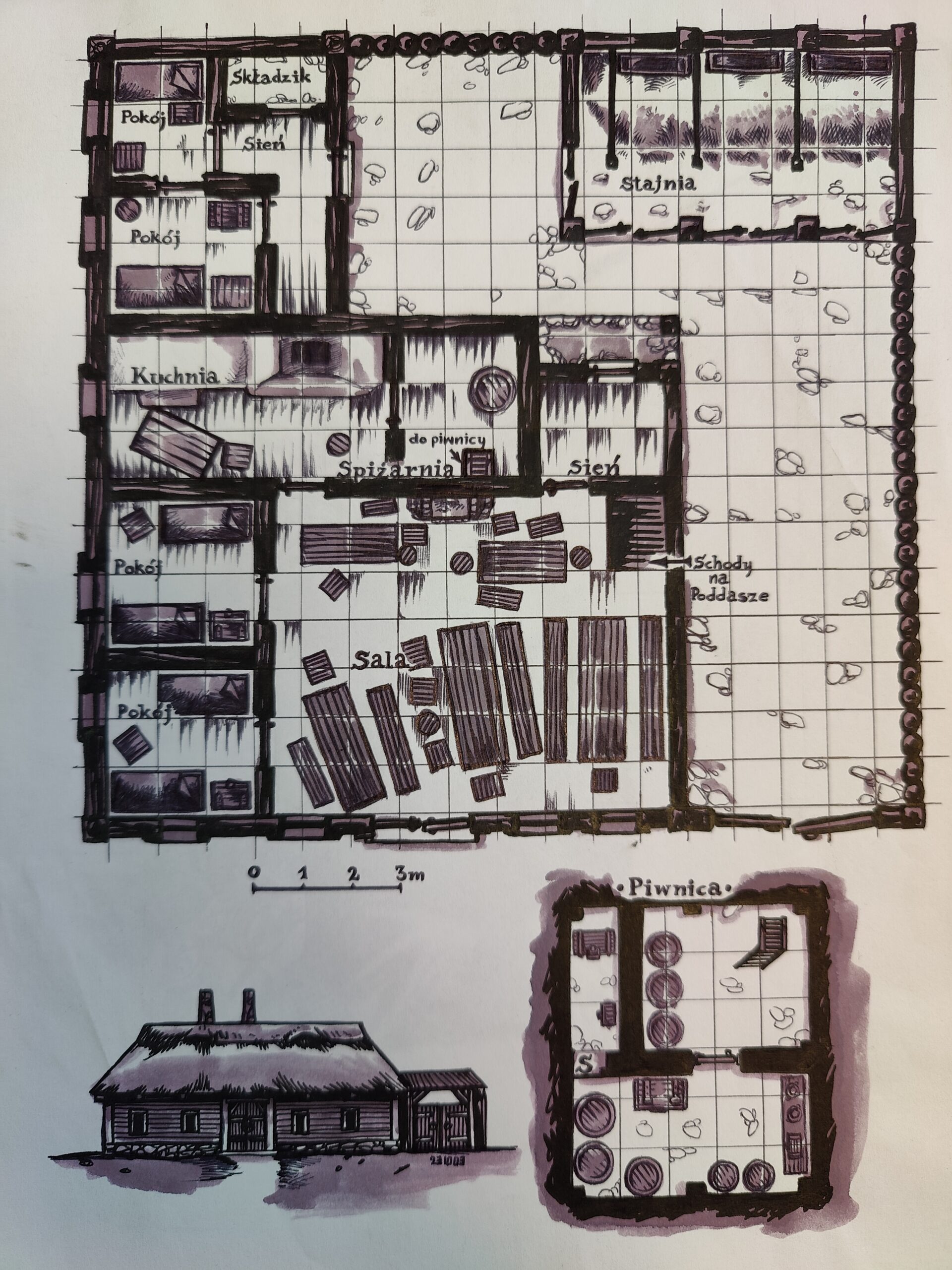
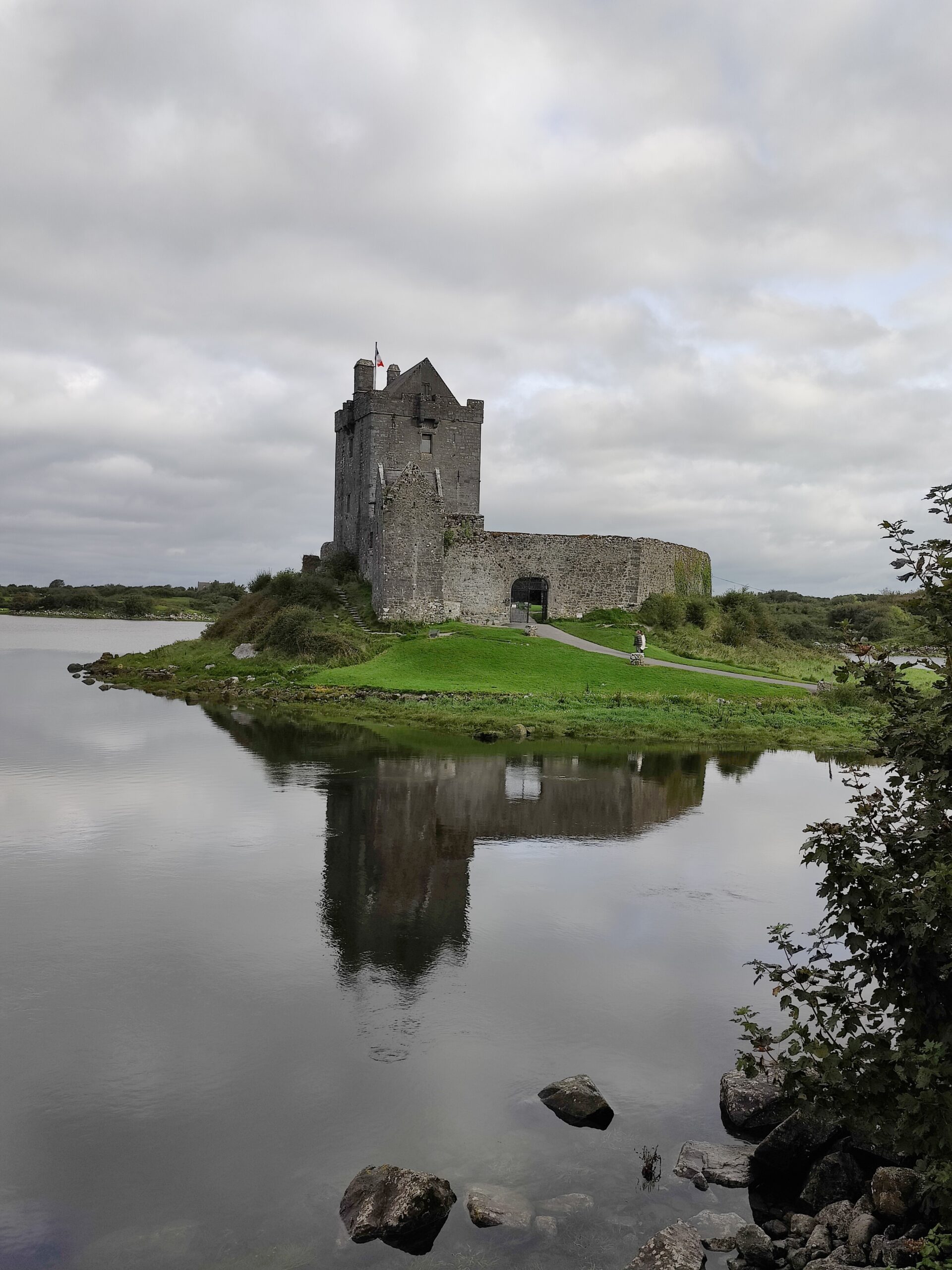
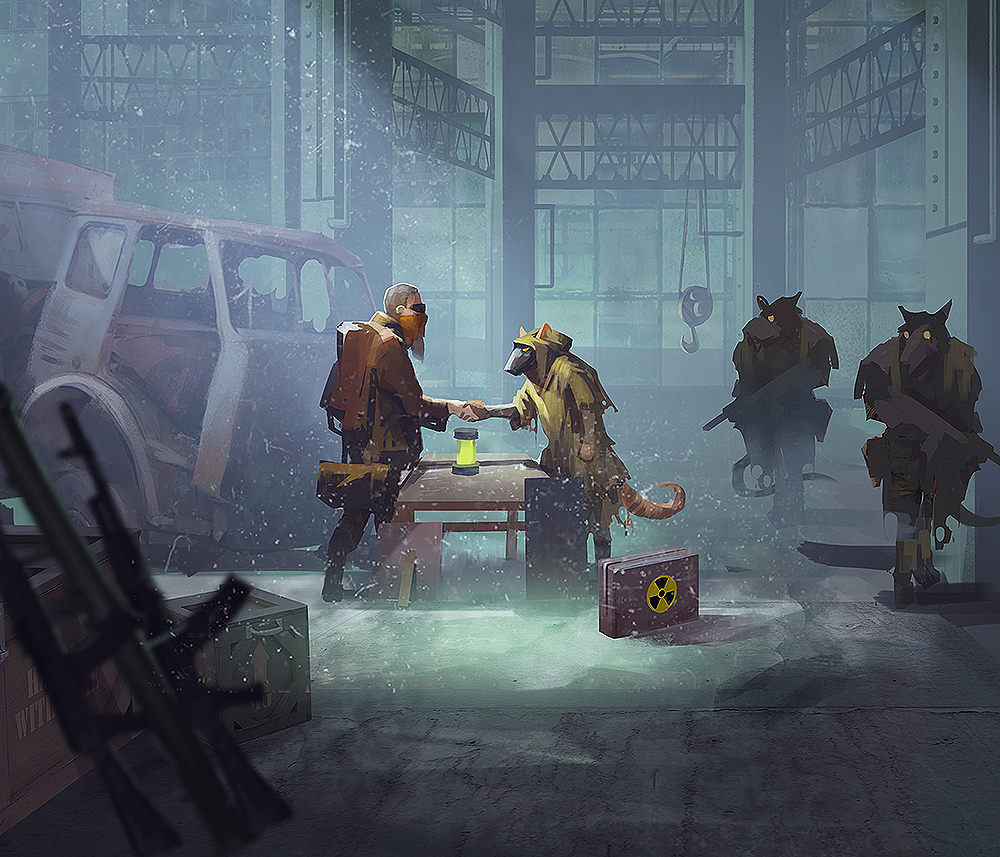
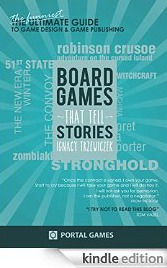
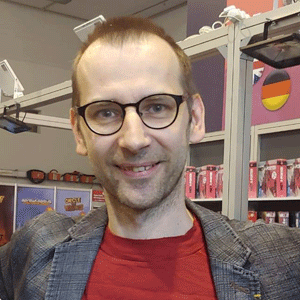 I strongly believe that good board game is the one that tells a good story. You play it and suddenly you are sucked into it, you feel chills on the skin. Emotions grow. In a moment you defend castle. You hear roar of warriors. You smell boiling oil. You are into it.
That's how I design my games. I always want to tell a good story. I want players to be into it. As deep as possible.
I strongly believe that good board game is the one that tells a good story. You play it and suddenly you are sucked into it, you feel chills on the skin. Emotions grow. In a moment you defend castle. You hear roar of warriors. You smell boiling oil. You are into it.
That's how I design my games. I always want to tell a good story. I want players to be into it. As deep as possible.